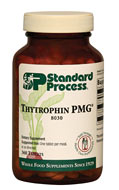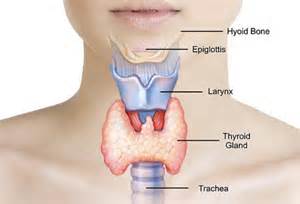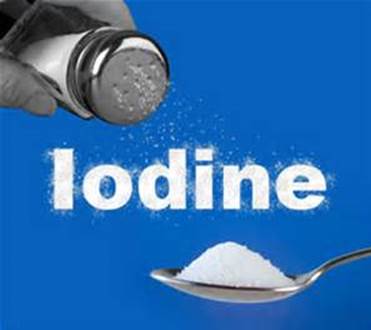Thyroid and Low Energy
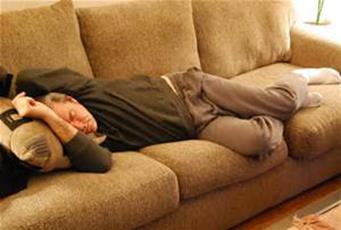
Our poor bodies are doing everything they can to keep us going… but it seems like the day drags on. What you might not know is your cells could literally be running out of energy. For those who have low energy, your thyroid may be the root cause of your fatigue. When your thyroid hormones are low, your cells are literally running out of energy. Without proper amounts of thyroid hormone, cell function slows down. Since cells are the building blocks of every organ, you FEEL this slow down.
You have an estimated 37.2 trillion cells! We have all kinds of specialized cells, like red blood cells designed to carry oxygen, nerve cells to transmit signals, and skeletal cells are able to contract. What they all have in common is each contains a unique little factory inside. Just like factories in our society, it takes energy to run these little factories. You can almost think of each cell as its own little city and every city needs an energy source. But instead of windmills, solar panels, or power plants, our cells have mitochondria. And mitochondria are the power plants of the cell; they make energy for your body. Energy in this case is called ATP (adenosine triphosphate). Think of ATP as packets of chemical energy. Mitochondria make ATP, which is why they are so important.
It's now known that your thyroid hormones act directly on your mitochondria. Remember, the thyroid makes two primary hormones T4 and T3 and that these hormones regulate metabolism, which is the rate of chemical reactions inside the cells. So, how is it that the thyroid hormones reduce metabolism in cells? It partially has to do with those mitochondrial power plants. The specific effects of thyroid hormone on mitochondria are not yet fully understood. However, in general, the more mitochondria you have inside the cell, the more that cell has the ability to produce energy. And it's generally thought that anything that increases the number of these power plants is a good thing.
New research is suggesting that thyroid hormones directly affect the number of mitochondria in a cell. At what level remains unknown, but it's possible that low amounts of thyroid hormone reduce mitochondria. The research is also showing a link between thyroid hormone and the quality of inner membrane of the mitochondria, which would reduce energy output as well. This means that the fatigue you feel begins at the cellular level and is partially controlled by hormones from the thyroid.
So, thyroid hormone affects cells, organs and the systems that they make up. For example, your cardiovascular system is extremely sensitive to fluctuations in T3. All forms of T3 dysfunction, both high (hyperthyroidism) and low (hypothyroidism), can cause heart arrhythmias, decreased cardiac output, and other heart diseases.
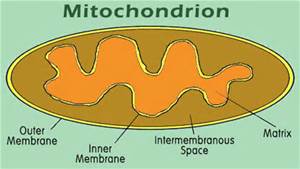
Remember, T4 gets converted to T3 in peripheral tissues primarily the liver, kidney, and gut. If any of these organs are not functioning properly, thyroid hormone levels can be affected. But that's not all; the thyroid is part of the bigger system that consists of your brain, thyroid, adrenals and sex organs and the output of each is regulated by the others.
The hypothalamus regulates the output of TRH (thyroid releasing hormone), which acts on the pituitary. The pituitary releases TSH (thyroid stimulating hormone), which acts directly on the thyroid telling it to make and release T4 and T3. It's like a chain of command; if any link is broken or dysfunctional, the orders won't be carried out correctly. But that's only scratching the surface. Cortisol, DHEA, estrogen, testosterone and so many others impact the brain, thyroid and the T4 to T3 conversion...
Which means the thyroid conversion, may be inhibited but it might have nothing to do with the thyroid gland itself. As you can see, there's much more going on here than blaming the thyroid. This means that when you have low energy we must look at many areas of the body at once... Which is one of the reasons modern medicine fails in helping thyroid disorders.


